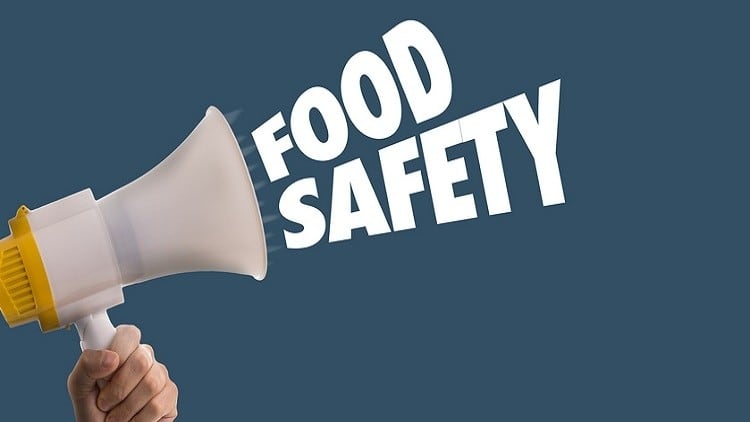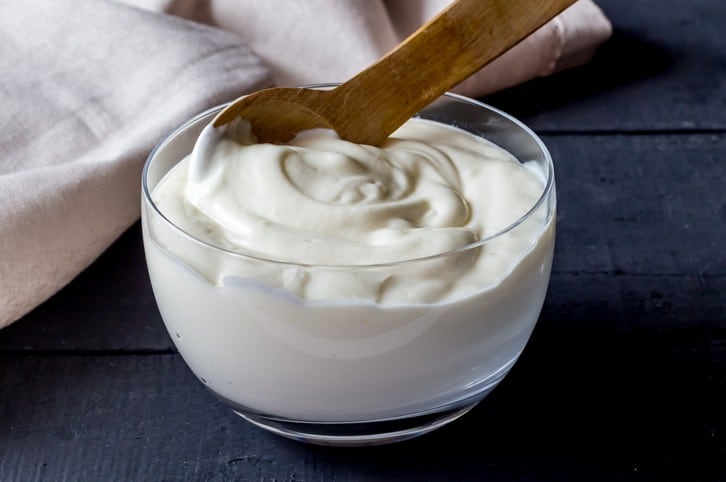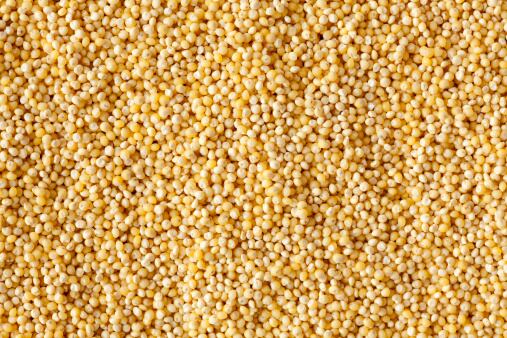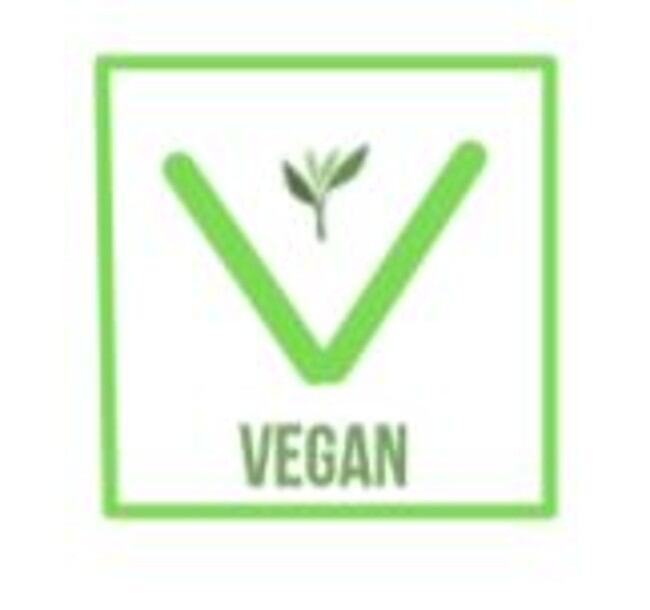Counterfeit-plagued alcohol sector could be fatal for both companies and consumers – Indian association
The high rate of counterfeiting in India has resulted in far-reaching repercussions on public health and economic development, sparking an urgent need to educate consumers and for companies to adopt authentication solutions, says an Indian association.
From luxury goods to everyday commodities, all sorts of phony products are threatening the health and safety of consumers in India.
The “State of Counterfeiting in India 2022” report by Authentication Solution Providers’ Association (ASPA) and analytics company CRISIL revealed that tobacco, pharmaceutical, alcohol, FMCG and currency were the top five most affected sectors in fiscal year 2021.
From tumour risk to microbiome harm: FAO and WHO debunk four cell-based meat misconceptions
The FAO and WHO have debunked four key misconceptions and concerns surrounding cell-based meat, spanning tumour risk to a negative impact on the microbiome.
In a new report featuring insights from regulators, researchers, and industry experts, it assessed the key food safety considerations of cell-based innovations and strategies to improve consumer understanding of the category.
Food safety warnings: South Korean regulator demands more collaboration as contamination cases rise
The South Korean food safety ministry has urged industry and other government bodies to increase its efforts to slash contamination in the food supply, after cases jumped by 19% year-on-year.
According to data from South Korea’s Ministry of Food and Drug Safety (MFDS), food poisoning cases in the country have increased year-on-year from 279 in 2021 to 333 in 2022.
It recently convened a national multi-ministerial meeting focused on the ‘2023 Food Poisoning Prevention Measures’ to strengthen food safety management.
No clean slate…yet: Japan lifts restrictions on more Fukushima-affected foods but boar meat poses problem
Japan has moved to lift the restrictions for several food items that have been in place since the 2011 Fukushima nuclear disaster, but testing on one item in particular – wild boar meat – has dashed hopes of a clean slate.
It has been almost 12 years since the Fukushima nuclear power plant meltdown disaster in 2011, since which Japan has been exhausting many avenues to try and get its food exports back on track, hindered by foreign market fears of importing radioactive products.
‘A laughably self-serving study’: Industry backlash over fake manuka honey claims
New Zealand’s manuka industry is being accused of misleading consumers after it alleged honey derived from species other than the Leptospermum outside of New Zealand is inauthentic.
Earlier this year, New Zealand’s Unique Mānuka Factor Honey Association (UMFHA) conducted scientific testing across the UK and US to verify that ‘manuka honey’ sold on shelves overseas is, as the product says, actually mānuka honey.





